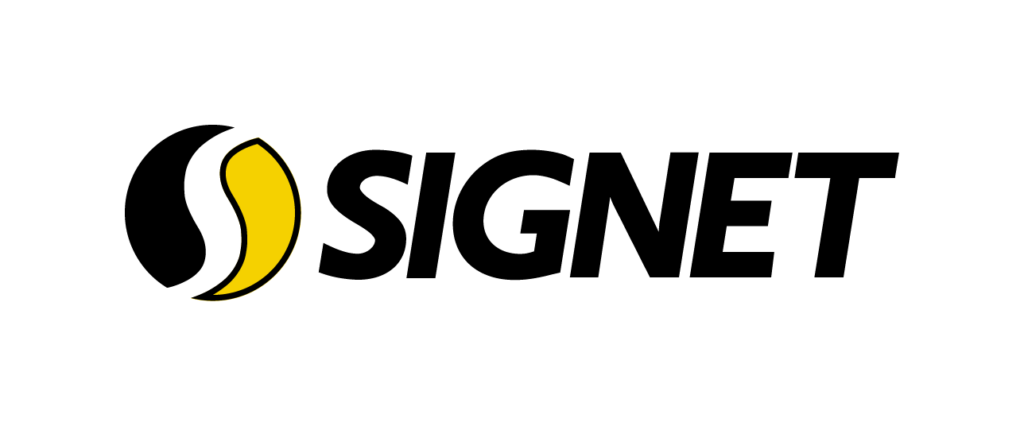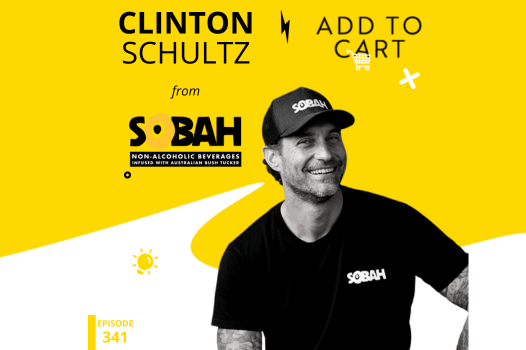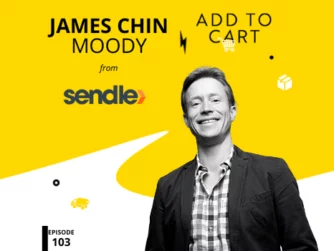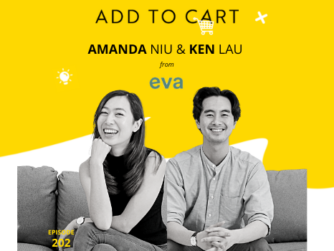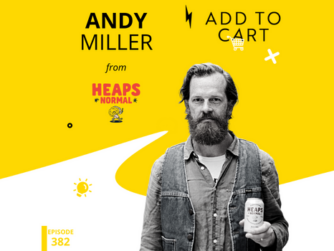In this episode of Add To Cart, we are joined by Clinton Schultz, founder at Sobah
Clinton is a Gamilaraay man, psychologist, former chef and co-founder of Sobah Beverages. In 2017, after two years on the wagon and frustrated at the lack of adult drink options that weren’t alcoholic, Clinton launched Sobah in response. The business is on a mission to champion Aboriginal and Torres Strait Islander culture, native foods and well-being, and through their unique range of brews, help to reduce the stigma around socialising sober. From producing limited edition drinks in collaboration with musicians like Peking Duk to opening Australia’s first dedicated non-alcoholic brewery, Sobah is growing fast, just like its category. In this chat, Clinton shares his tips on how to be a better listener, what businesses can do to move away from just ticking boxes when it comes to supporting First Nations people and provides some valuable insights on the Voice referendum.
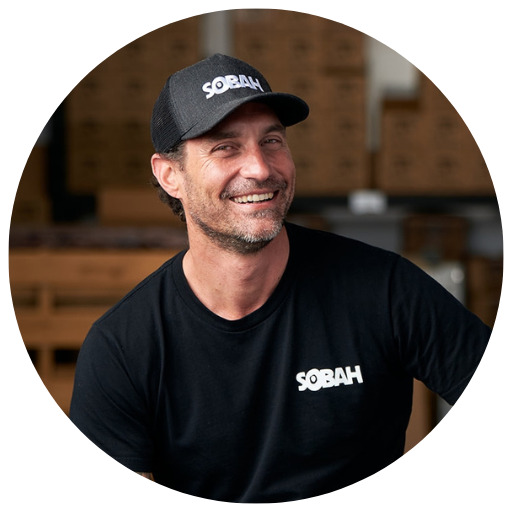
“For us, it’s not about marketing, we walk everything that we talk”
Dr Clinton Schultz
Connection is key
“Profit’s not the first thing on our agenda. Profit is a necessity when you’re in the business world and we need to ensure that the business is running sustainably and profitably because it allows us to then go do the social endeavours that we like to invite ourselves in and that we really structure the company around as a social enterprise. But that’s really about understanding connections and the importance of connections and maintaining those connections.
We really want to ensure that our consumers, our staff and also our stakeholders actually feel connected to the brand. And more than just a tag phrase of feeling connected, but actually feel included and that they have the opportunity to say that they feel supported in their growth.
So we don’t try and keep people here, we’re really about trying to grow people and then getting to move on into the spaces in the world that they really want to excel in. We’re not here to try and hold anybody back. We try and support people who have struggled to get into employment opportunities and actually help them to gain the stability and skills that they’ll need to go off and do what they want to do in the future.”
How to really listen
“Number one, it is literally impossible to listen and talk at the same time. And that includes internal talk. So if you’re talking away about what you’re going to do at lunch in your own head or who you’re going to catch up with on the weekend or you know what project you’ve got due at 4pm on Friday afternoon while somebody is sharing knowledge with you, then you’re not freaking listening.
So people have to become okay with being silent and that’s really difficult in the Western world where everybody wants to just run their mouth all day every day. So I think the more people allow themselves to become okay with being silent, they’re more likely to be able to listen at a deeper level.”
Voice debate taking a toll
To be honest, I think the whole narrative around it, the whole dialogue, particularly from a parliamentary perspective, a government perspective, and also from media, has been really disrespectful. I don’t think that it’s held what should be at its core, and that’s actually the social and emotional wellbeing of those that it’s about, and that’s us as First Nations peoples.
I think it’s very much become about legacy for people on all sides of the debate and that as soon as that ego side comes into it and it becomes about legacy rather than it does about human being, then I worry. We’re seeing a lot of increased psychological distress experienced by First Nations peoples all around the country at the moment. It really does take its toll.
There’s a lot of people who are expecting First Nations peoples to be the experts on this. It’s out of our hands. It’s actually got nothing to do with us now. And we have the same information available to us as First Nations peoples as actually every other Australian does. So the expectation that we should constantly have to educate everybody else about the process and what it’s about and what potentials may come out of that, I think is really unfair on the First Nations peoples.”
Links from the episode
This episode was brought to you by…
